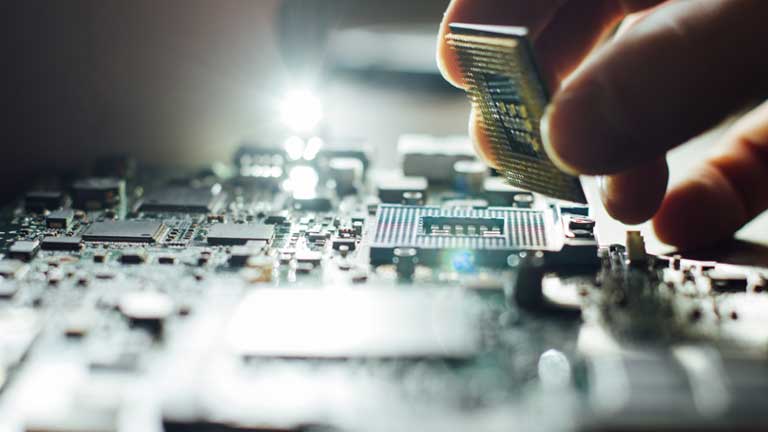Does hardware matter?
I believe every IoT and Industrial IoT system designer and software developer should consider the question in the title. Do you?
With millions of ready-made hardware solutions, fierce competition keeps hardware prices down. This may lead one to think that hardware does not matter. And that one can choose the cheapest platform that seems to be able to run the software in a test environment.
Let’s think about this. Does it matter whose hardware platform you’re using to run your software? I prefer not to use Apple as an example, but the company has demonstrated how value and innovation can provide the perfect alliance between hardware and software. If Apple could achieve this feat in a highly competitive consumer market, imagine replicating that recipe in an industrial B2B market where huge one-time investments, high-risk management, and long product lifecycles are the norm.

Usability, usability and usability!
I claim that in today’s world nothing gives you a better competitive edge and bigger profit than the outstanding usability of your system and product. The product that delivers great customer experience is much more profitable than the one that lacks usability. An easy-to-use product delivers better customer satisfaction and faster market adaptation, leading directly to larger sales and higher profits.
Software developers know the importance of usability even though much software still lacks in this area. However, the bigger question is what does this have to do with hardware? After all, a skilled software developer with enough time and resources can write software that runs smoothly on almost any piece of hardware. But in reality, time and resources are scarce. Moreover, even the world most magnificent code won’t run if the hardware platform is unstable.
This leads to my favorite subject: hardware reliability and lifecycle
Do you remember when washing machines, microwave ovens, and televisions lasted for decades? But today, consumer product companies have little room to simultaneously build long-lasting reliable products and to be profitable.
Fortunately, the situation is exact opposite when it comes to systems and solutions that control power plants, factories, logistic terminals, critical networks, money transfers, home automation and, soon, self-driving vehicles and vessels.
We are talking about critical systems where any malfunction can cause huge direct financial losses and, in the worst case, life-threating situations. So naturally only the best possible and most reliable hardware platforms are chosen for these systems and solutions. Or is it?
Unfortunately this is not the case across much of the industry. No, negligence is not the main reason. It is because many lack the knowledge needed to choose the best solution from a vast sea of hardware platforms.
I don’t blame anyone for this. .It can be difficult to choose hardware. We’re all familiar with different hardware solutions in everyday life. That may leave one to think that hardware for professional and industrial use is equally simple. Unfortunately, hardware designed for consumers or standard IT lacks almost all the elements needed for the level of reliability and stability required for industrial use. The consumer hardware lifecycle can be as short as six months, with products designed to last as little as one year.
But by following a few rules, you can avoid making big mistakes when choosing the hardware platform for your system.
- Never choose a hardware platform from a manufacturer that focuses on the consumer market.
- Ensure long viability by demanding the manufacturer provide a clear roadmap and lifecycle statement. Last time by (LTB) date must be clearly stated. Also, ask the manufacturer how they will ensure their lifecycle commitment.
- Make sure the hardware manufacturer has implemented a sufficient change management process and a fixed bill of material (BOM) service.
- Test and evaluate at least two to three different hardware platforms with your software in real life or, if necessary, a simulated real-life environment.
If you are not a hardware expert, I recommend that you ask for help from someone who is. Hardware may seem simple, but picking the right hardware solution can be as difficult as picking a needle from a haystack. There are a few companies in the market (for example, Avnet Embedded) that solve these issues on a daily basis.
By relying on a partner to evaluate and recommend the best possible solution, you can focus on developing your core competencies and improving your competitive edge.